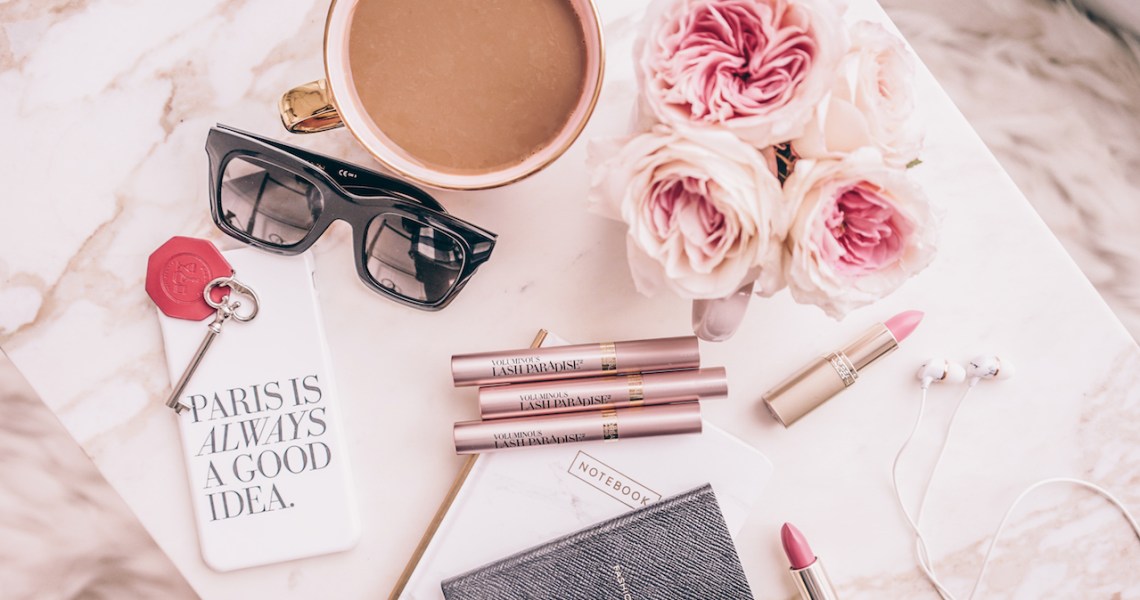L’Oréal USA wrapped up its recast accelerator program, Women in Digital, on Wednesday by selecting three winners, each offering up insight on how tech is poised to change the beauty industry.
The winners, who will each receive $25,000 grants and the opportunity to meet L’Oréal executives, include online augmented reality company Rosebud AI, skin-care discovery platform Seknd and beauty membership program Baalm. The accelerator first launched in 2012 and ran until 2017, and during those years no money was awarded to participants; L’Oréal only offered short-term partnership opportunities to winners. For L’Oréal, the accelerator serves as an opportunity to tap into and learn alongside startups. It also demonstrates in what areas, and how, L’Oréal is seeing the future of the beauty industry unfold, specifically focusing on high-level digital capabilities.
Rosebud AI allows real people to virtually try on any look (including makeup, hairstyle and clothing) that already exists on social media and apply it to their own photo as if it were a filter. Rosebud AI uses generative adversarial networks using deep learning to create richer-detailed augmentation than traditional AR apps, such as L’Oréal-owned Modiface, which it acquired in March 2018. Seknd, meanwhile, also uses deep learning technologies but to offer up personalized recommendations for skin care. Plus, it allows users to try samples of products they are recommended, therefore offering a way to close the gap between recommendations and purchases. Baalm also offers personalized recommendations but has a different business model because it runs a subscription membership and distributes a portion of its profits each March to each member.
“At L’Oréal, technology is enabling us to not only add super-powers to our products but also to transform what a beauty experience can be,” said Gretchen Saegh-Fleming, L’Oréal USA CMO.
L’Oréal USA is currently in flux, as cosmetic sales decline and it recently installed a new CEO. Working closely with nimbler startups can provide the company with an innovation pipeline, not only for insight but also for possible acquisition. Accelerators are a tactic more companies are employing within beauty. In April, Avon debuted its own accelerator, and Sephora, whose accelerator first launched in 2016, infused its program with its influencer ambassador network this year. Target also launched a beauty accelerator in 2016, and for 2019, it widened the scope of brand categories in order to adjust to the rapid landscape changes.
“This year, we looked at what was meaningful for early-stage founders in today’s climate,” said Rachel Weiss, L’Oréal USA vp of strategic growth and open innovation, who heads up the program. Therefore, the company wanted to provide money but also hold off on any official partnerships because of the high-pressure and high-risk for early-stage companies. “Our [judgment] criterion was based on asking companies, ‘What are you building to advance the beauty industry with tech?'” she said.
L’Oréal is also discovering more about the landscape of beauty entrepreneurialism. Working with the online entrepreneur community platform Hello Alice, L’Oréal USA was able to gain insight into the type of people and companies that were applying for the grants. Overall, there were 450 entries, of which 36% were from African American founders, 14% Asian founders, 2% LGBTQ-founders and 3% military-veteran founders, said Weiss. She added that she saw more entrants focus on the intersection between brand, community and technology, and that it wasn’t just technology in a vacuum, as the “Women in Digital” title could suggest.
“We’re finding that entrepreneurs want real-life relationships and the ability to help each other move their companies forward,” she said.




